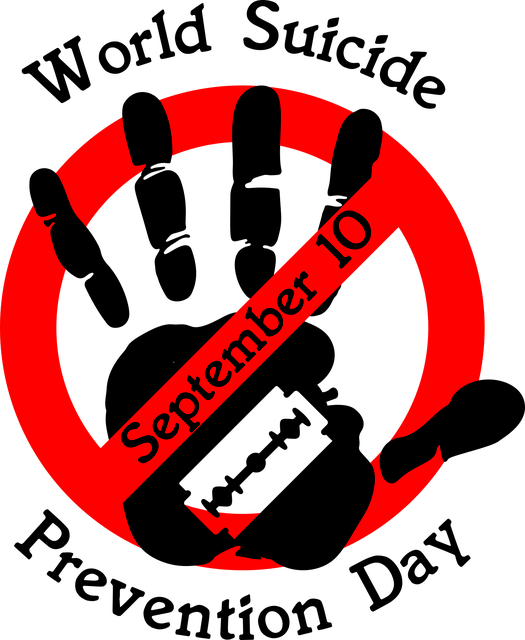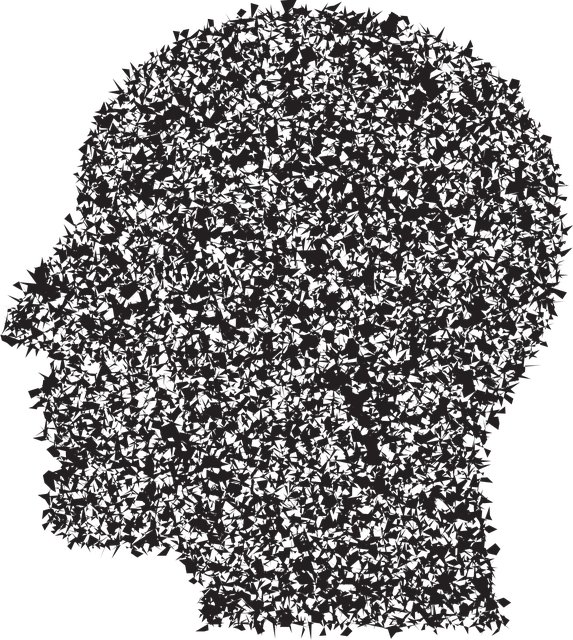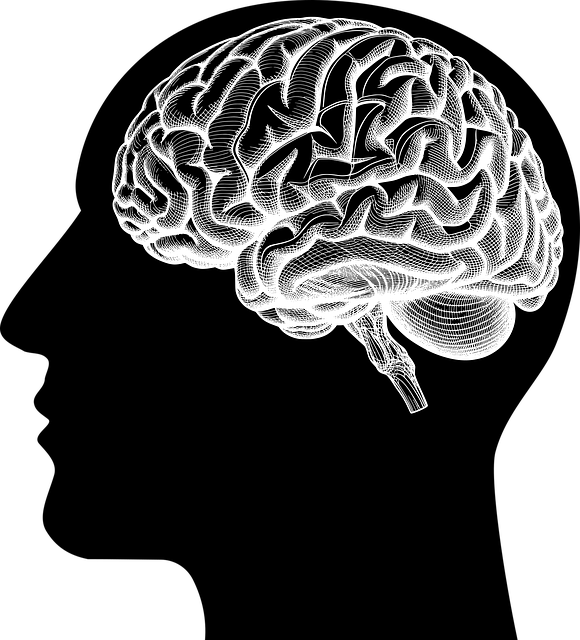Effective Boulder Dissociative Disorder Therapy requires collaborative outreach programs involving mental health professionals, local organizations, and community members. These initiatives aim to understand and address unique emotional challenges by raising awareness, dispelng myths, and fostering empathy. Tailored partnerships with schools, faith groups, etc., create a supportive network enhancing accessibility to mental health services. Success is measured through comprehensive evaluation frameworks combining client feedback and therapy insights for continuous improvement and targeted support aligned with evolving community needs.
Community outreach programs are essential in addressing mental health challenges, particularly for rare disorders like dissociative disorder. This article explores the implementation of such programs, focusing on Boulder Dissociative Disorder Therapy’s unique approach. We delve into understanding community needs and the power of collaboration, offering practical strategies for effective outreach. Furthermore, we introduce a continuous improvement framework to measure success and sustain impact, ensuring these programs leave an indelible, long-lasting effect on affected individuals and communities.
- Understanding Community Needs and Collaboration for Boulder Dissociative Disorder Therapy
- Strategies for Effective Implementation of Outreach Programs
- Measuring Success and Sustaining Impact: A Continuous Improvement Framework for Boulder Dissociative Disorder Therapy Programs
Understanding Community Needs and Collaboration for Boulder Dissociative Disorder Therapy

In implementing community outreach programs for Boulder Dissociative Disorder Therapy, understanding the unique needs of the local community is paramount. Dissociative disorder therapy requires a specialized approach that addresses the complex emotional and psychological challenges faced by individuals in Boulder. A successful community outreach strategy should involve collaborative efforts between mental health professionals, local organizations, and community members. By fostering partnerships, the program can gain insights into the specific issues prevalent in the area, such as trauma rates, stress factors, and access to mental health services. This collaborative approach ensures that the therapy aligns with the genuine needs of the Boulder community.
Community outreach programs play a pivotal role in raising awareness about dissociative disorders, dispelling myths, and promoting empathy building strategies. Through targeted initiatives, these programs can help reduce the stigma associated with seeking anxiety relief and mental health support. By engaging with various community sectors, from schools to faith-based groups, the Boulder Dissociative Disorder Therapy program can create a supportive network that extends beyond traditional therapy settings. This inclusive approach not only enhances accessibility but also encourages a collective effort in fostering mental well-being within the community.
Strategies for Effective Implementation of Outreach Programs

Implementing community outreach programs requires a strategic approach to ensure their effectiveness. One key strategy is to tailor programs to meet the unique needs and challenges of the target community, such as those with dissociative disorder therapy in Boulder. Understanding cultural contexts and local dynamics empowers professionals to create inclusive initiatives that resonate deeply.
Additionally, integrating emotional intelligence into program design fosters connection and trust between mental health professionals and community members. Risk management planning is crucial for safeguarding both clients and practitioners, especially when engaging in vulnerable communities. By prioritizing burnout prevention through balanced workload distribution and self-care practices, outreach programs can sustain long-term impact.
Measuring Success and Sustaining Impact: A Continuous Improvement Framework for Boulder Dissociative Disorder Therapy Programs

Measuring success is a crucial aspect of any community outreach program, especially when addressing complex mental health issues like dissociative disorders. For Boulder Dissociative Disorder Therapy programs, a comprehensive evaluation framework should be implemented to track progress and ensure long-lasting impact. This involves setting clear outcomes aligned with improved mental wellness and emotional healing processes. By utilizing both quantitative and qualitative methods, such as client feedback forms and individual therapy sessions, program effectiveness can be accurately assessed.
A continuous improvement approach allows for adaptability and refinement based on the gathered data. For instance, if clients consistently report challenges in maintaining a self-care routine development for better mental health, therapists can collaborate to design targeted interventions. Regular monitoring enables programs to stay responsive to the evolving needs of the Boulder community, fostering sustainable recovery journeys for those affected by dissociative disorders.
Implementing successful community outreach programs, such as those focused on Boulder Dissociative Disorder Therapy, requires a deep understanding of local needs and collaborative efforts. By employing effective strategies and adopting a continuous improvement framework, organizations can ensure their programs have a lasting impact. This holistic approach not only enhances access to critical therapy but also fosters a more supportive and informed community environment for individuals affected by dissociative disorders.








